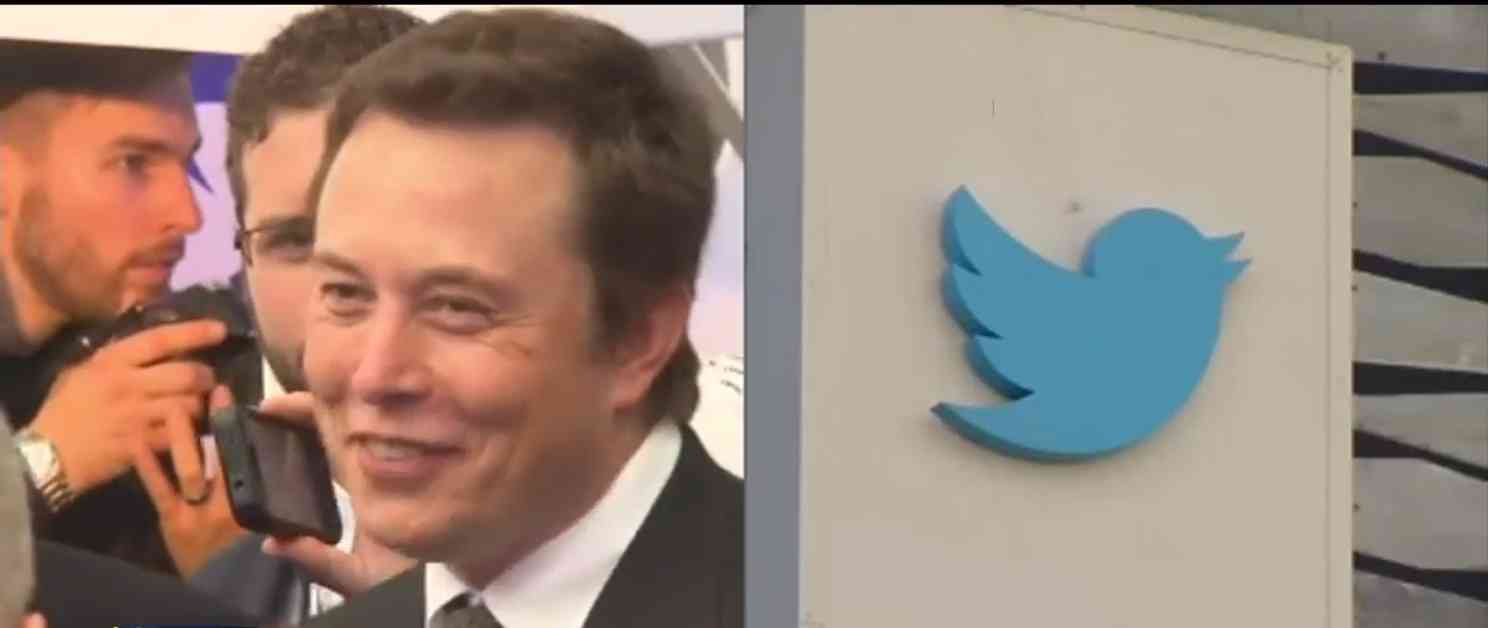A federal appeals court has ruled that Tesla CEO Elon Musk did not have to delete a 2018 social media post that union leaders perceived as a threat to employee stock options. The post, made on Twitter, stated that there was nothing stopping Tesla employees from voting for a union, but questioned the need to pay union dues and give up stock options. The National Labor Relations Board initially deemed it an illegal threat, but the court found that Musk’s tweets were protected under the First Amendment.
The case stemmed from organizing efforts at a Tesla facility in California back in 2018. The NLRB had ordered Tesla to rehire a fired employee with back pay, but the court overturned that decision as well. The judges voted 9-8 in favor of Tesla and Musk, stating that there was no evidence of ill will towards the union in the employee’s termination.
Judge James Dennis, in a dissenting opinion, argued that threatening and coercive speech by employers in labor organization elections is not protected under the First Amendment. He also contended that the supervisor’s attitude towards the union was irrelevant to the employee’s reinstatement.
The ruling has been sent back to the NLRB for further action, and it remains to be seen if there will be an appeal to the U.S. Supreme Court. The union has not yet indicated their next steps, but President Shawn Fain referenced the case in a recent address, accusing Musk of being one of the most anti-union auto CEOs in history and using his wealth to influence elections.
Overall, the court’s decision sets a precedent for the protection of speech by employers in labor disputes, highlighting the complexities of free speech rights in the workplace. It also raises questions about the influence of billionaires in shaping labor laws and the importance of workers’ participation in the electoral process to advocate for their rights.


